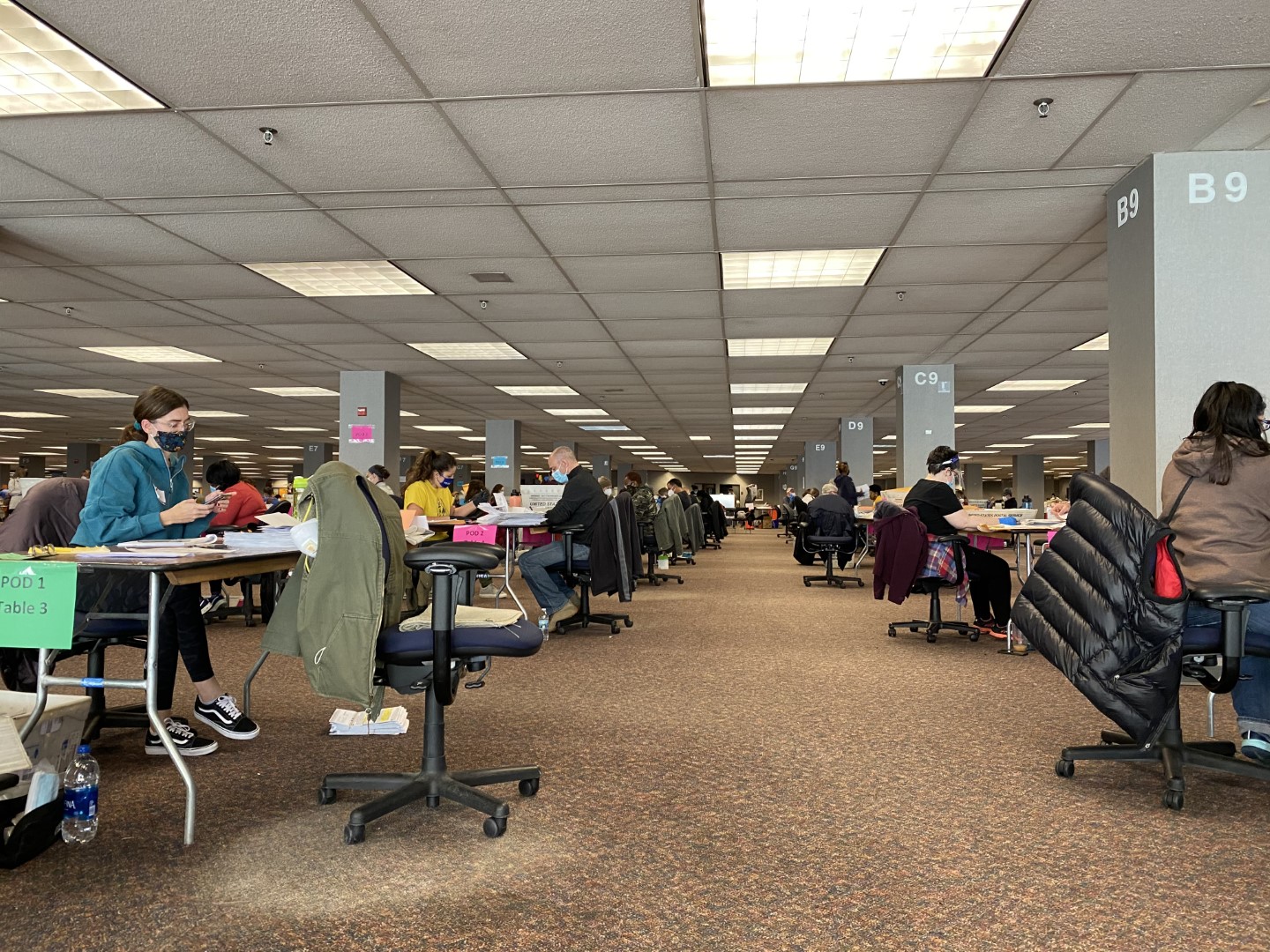The state's top election official clarified poll workers are allowed to fix some mistakes made by absentee voters as the Trump campaign charges officials in Milwaukee County "tainted" an estimated 15 percent of absentee ballots.
Trump campaign manager Bill Stepien in a statement Wednesday cited "reports of irregularities in several Wisconsin counties" though didn't detail any issues with the Wisco...
Please log in to access subscriber content.
If you don't have a subscription, please contact schmies@wispolitics.com for subscription options on the WisPolitics-State Affairs platform, which is the new home for WisPolitics subscriber products.


